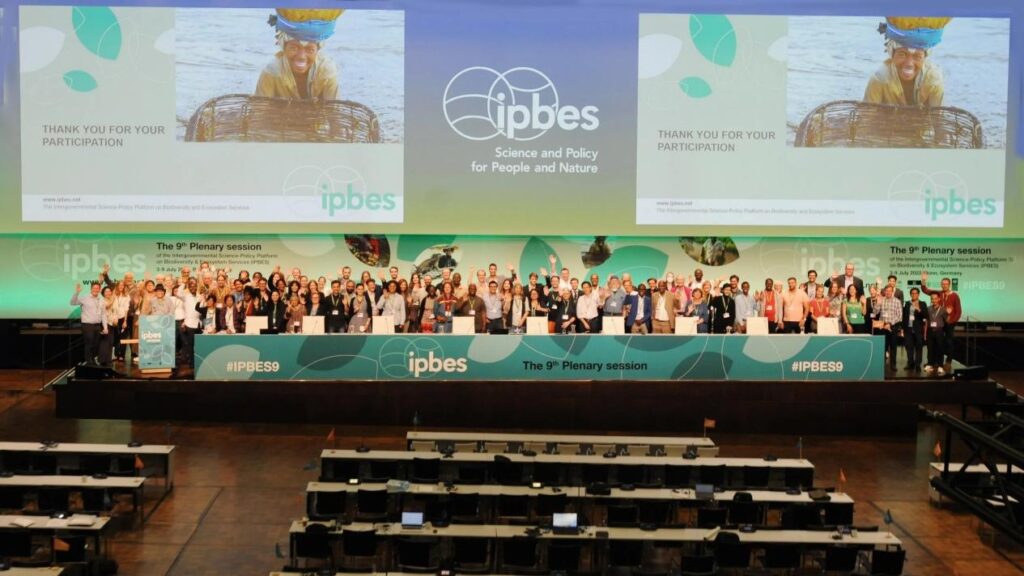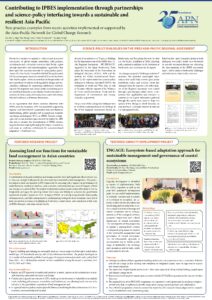Bonn, 2 July 2022—APN participated in the Ninth Session of the Intergovernmental Science-Policy Platform on Biodiversity and Ecosystem Services (IPBES 9), which approved a thematic assessment of the sustainable use of wild species and a methodological assessment of the values of nature and its benefits, with the aim of supporting decision-makers to develop policies and actions that better support people and nature.

The assessment of the sustainable use of wild species emphasizses that billions of people in the world rely on wild species for food, medicine, energy, income and various other purposes, and that ensuring the sustainability of the use of wild species is critical to countering global biodiversity decline.
The values assessment finds that global policy decisions related to biodiversity and ecosystem services have a dominant focus on short-term profits and economic growth, often excluding the consideration of multiple values of nature. To support better decision-making and policy options, the report analyzed existing tools for valuing nature and provides a comprehensive typology of nature’s values, highlighting how different worldviews and knowledge systems influence the ways people interact with and value nature.
APN participated in IPBES 9 as an observer oganization, and, through a poster presentation at the IPBES 9 Stakeholder Day, showcased its recent activities on enhancing the dissemination of IPBES outputs and support, as well as supporting regional research and capacity development in areas related to the work of IPBES.
In terms of enhancing dissemination, two science-policy dialogues were jointly organized with the Institute for Global Environmental Strategies (IGES) to facilitate understanding of the findings of the IPBES Regional Assessment Report on Biodiversity and Ecosystem Services for Asia and the Pacific.
|
|
|
Regarding research activities, the poster highlights a Land use function (LUF) framework for assessing policy impact on the performance of multi-functions attached to land use and economic, environmental and societal impacts of land use changes on sustainability.
On capacity development, a regional-level capacity development programme was implemented to support the sustainable management and governance of coastal ecosystems by involving a wide range of stakeholders for exchange and discussions and for early-career professionals to network.



